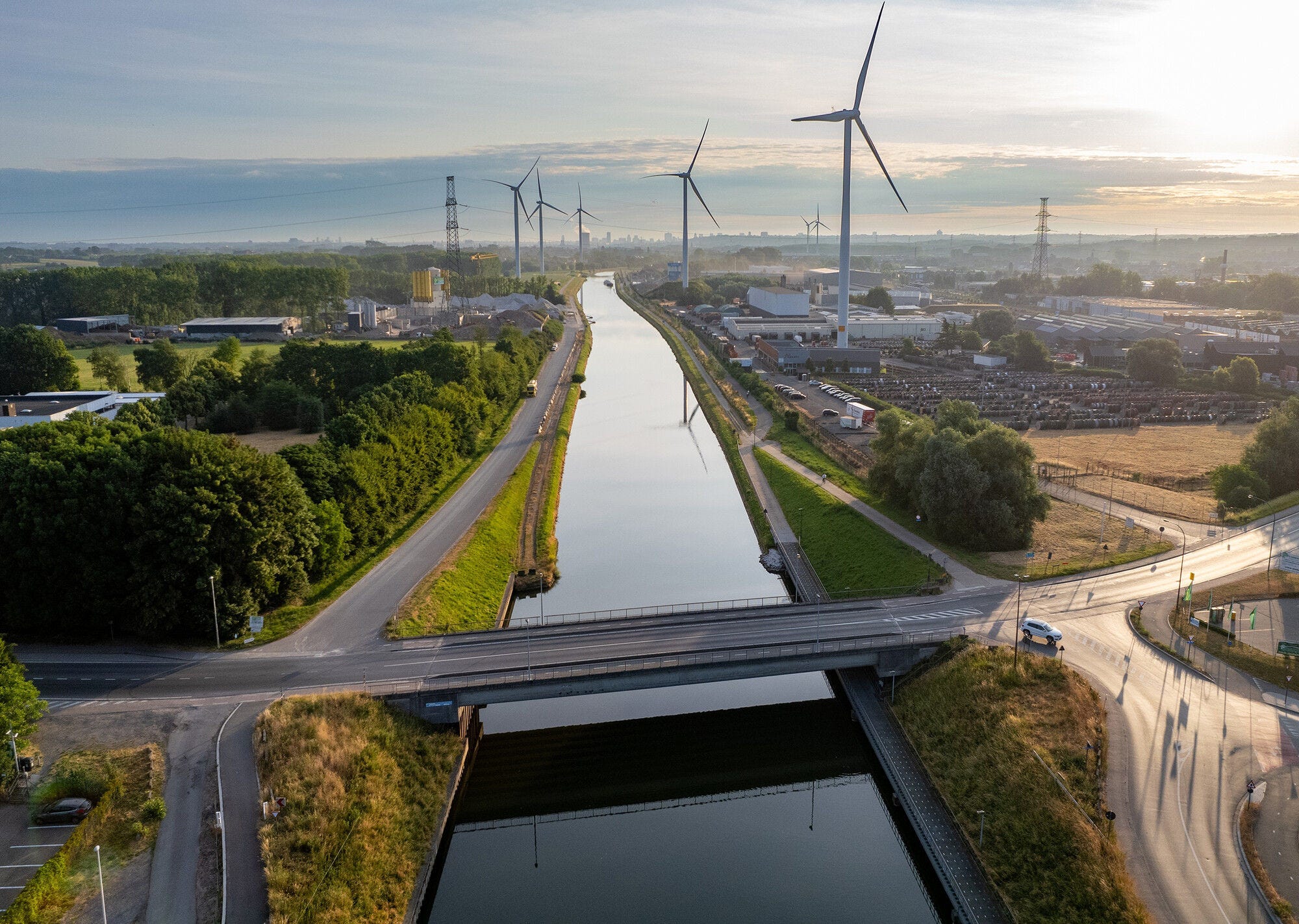Italy, under a primary law, approved its first Green Public Procurement National Action Plan (GPP NAP) back in 2008. The Plan was reviewed and updated in 2013 and replaced in August 2023, after the closure of the Survey.
The same law states also that, within the GPP NAP, the Minimum Environmental Criteria (MEC) are adopted by decrees of the Minister of Environment and Energy Security. MEC are a set of GPP criteria defined as technical specifications, contractual clauses, award criteria and selection criteria referred to a quite long list of products, services and works. Since 2016, under the public contract code, contracting authorities are obliged to fulfil the tender documents with technical specifications and contractual clauses of the MEC, also to take into account the award criteria of the MEC where the tender is awarded with the quality ratio.
The GPP NAP explains how the SPP-Sustainable Procurement Process or GPP could contribute to achieve environmental, social and economic targets and suggest actions to public bodies, regions, contracting authorities and specific stakeholders to reinforce the effectivities of the national GPP policy to carry out sustainability objectives.
For instance, the plan sets out specific provisions for contracting authorities, including:
Carry out a needs assessment with the aim of avoid or reduce consumption and fostering the de-coupling between economic development and environmental degradation;
Identify functional competences for the implementation of GPP;
Draw up an internal programme with the main actions to foster GPP policies;
Promote the use of specific public procurement procedures involving economic operators, especially in the case of public procurement categories not covered by Minimum Environmental Criteria, to identify the environmental better solution through the tender process.
The GPP NAP identifies the main technical reference (first of all, the EU GPP criteria), the general criteria of the procedure to define the MEC and the target stakeholders to involve in the consultation phase.
Moreover, the Plan underlines the importance of a monitoring system to keep track of the use of GPP, the training and the capacity buildings programmes and mentions the state of the art on these activities developed at national level.
GPP is also mentioned as a key leverage to achieve broader national commitments and goals. For instance, it is part of the National Strategy for Circular Economy, the National Recovery and Resilience Plan, and the National Plan for the Ecological Transition.
